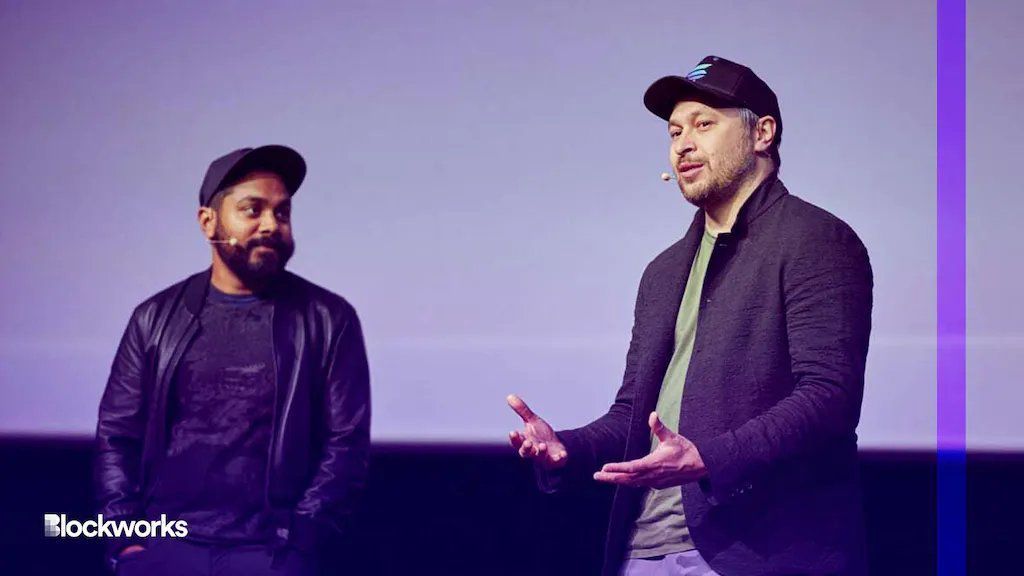Solana’s Yakovenko advises aspiring founders: If you seek stress, it’s awesome

Anatoly Yakovenko says, “It’s really, really hard to build a company.”
He should know. Yakovenko has experienced crypto’s volatile ups and downs more than most, co-founding layer-1 network Solana and navigating the ship through tumultuous industry storms.
As an illustration of the challenges of founding a business, Yakovenko cites a few statistics, stating that out of 4,000 investments, only 200 are profitable. Only 15 of 4,000 become companies with revenues of at least a hundred million dollars. “And those represent 97% of all the returns,” he says.
“Your probability of success as a founder in anything, even outside of crypto, is 15 in 4,000,” he chuckles. That would be a “dream success,” he says. Only 200 out of 4,000 companies break even, he says, calling that “a really solid founder story.”
Speaking on the Lightspeed podcast (Spotify/Apple), Yakovenko says he still believes the risks are worthwhile. “This is the most transformative, amazing experience.”
“If you seek stress, if you’re one of those people that has a low heart rate or whatever, it’s an awesome, very rewarding, very insane experience.”
“You’ll feel like you’re on top of the world or in the depth of despair” from one week to the next, Yakovenko says, adding that the shared startup “trauma” brings people together.
Adding to his advice for entrepreneurs, Yakovenko says “you should be trying to compete against the best version of yourself.” When looking at the industry, founders should ask themselves, he says, “What would the best version of me do, and how do I beat them?”
“When I see competitors do something interesting,” he says, “I try to adopt it in some way.”
Applying old models to crypto
Yakovenko pushes back on criticisms against the Solana network being centralized in nature. “We survived the FTX collapse,” he says. “The fact that the network went through that shitshow and just continued running and people continued building it — it’s the most decentralized thing possible.”
“People have to understand that the protocols are not companies,” he says, noting the misconception stems from applying “old models and concepts to crypto.”
“Solana‘s a bunch of open-source code,” he explains. “Anyone can fork it. Anyone can fork Ethereum. You can run your own instances of all these networks.”
“The token,” he explains, “is just really representing the spam defense mechanism for these communications networks. That’s it. It doesn’t give you voting rights. It doesn’t give you participation rights.”
“The only reason why all these other things work,” Yakovenko says, “is because we’re able to coordinate our decision-making power with public keys and quickly come to decisions and build upon that.”
“But it’s a very network effect kind of thing. It’s not a corporation or a company,” he says. “It’s like a bunch of open-source staffs that are volunteering to work at a particular thing,” he says, “but anyone can leave at any time.”
The Solana community, Yakovenko says, has an “awesome founder network,” making for one of the “best places” to start a business.
Podcast host Garrett Harper jokes that the Solana community consists of the type of people who “chew glass,” noting that, despite enduring tough times, the community remains resilient.
“Over the last year or so, it’s like you’ve been punched in the face a number of times, but you keep coming back. And to me, the community is really stronger than it’s ever been. That’s why I think this is so impressive.”
2 comments